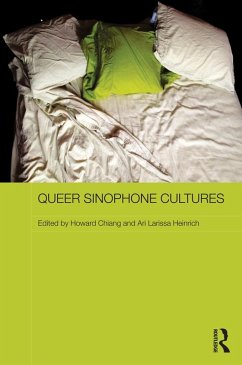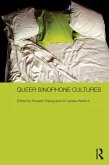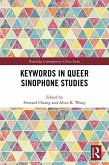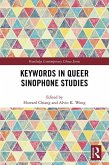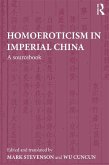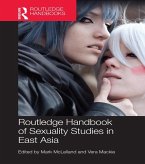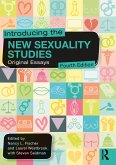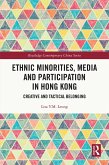Bringing together two areas of study that tend to be marginalised within their home disciplines Queer Sinophone Cultures innovatively advances both Sinophone studies and queer studies. It not only examines film and literature from Mainland China but expands its scope to encompass the underrepresented 'Sinophone' world at large (in this case Taiwan, Hong Kong, Malaysia, Singapore, and beyond). Further, where queer studies in the U.S., Europe, and Australia often ignore non-Western cultural phenomena, this book focuses squarely on Sinophone queerness, providing fresh critical analyses of a range of topics from works by the famous director Tsai Ming-Liang to the history of same-sex soft-core pornography made by the renowned Shaw Brothers Studios.
By instigating a dialogue between Sinophone studies and queer studies, this book will have broad appeal to students and scholars of modern and contemporary China studies, particularly to those interested in film, literature, media, and performance. It will also be of great interest to those interested in queer studies more broadly.
Dieser Download kann aus rechtlichen Gründen nur mit Rechnungsadresse in A, B, BG, CY, CZ, D, DK, EW, E, FIN, F, GR, HR, H, IRL, I, LT, L, LR, M, NL, PL, P, R, S, SLO, SK ausgeliefert werden.
Martin F. Manalansan IV, Global Divas: Filipino Gay Men in the Diaspora
This impressive anthology brings queer theory and Sinophone studies into a critically challenging and mutually transformative conjuncture. Showcasing an eclectic range of scholarship that is historically nuanced, theoretically adventurous and globally aware, the book demonstrates that the vital projects to, respectively, "deprovincialize china" and "reroute the geopolitics of desire" not only go hand in hand but inform each other in the most thoughtful and provocative way. This book stands at the forefront of a vibrant new field and should be read by anyone who is interested in pushing the boundaries of sexuality studies and Asian studies.
Helen Hok-Sze Leung, Undercurrents: Queer Culture and Postcolonial Hong Kong

